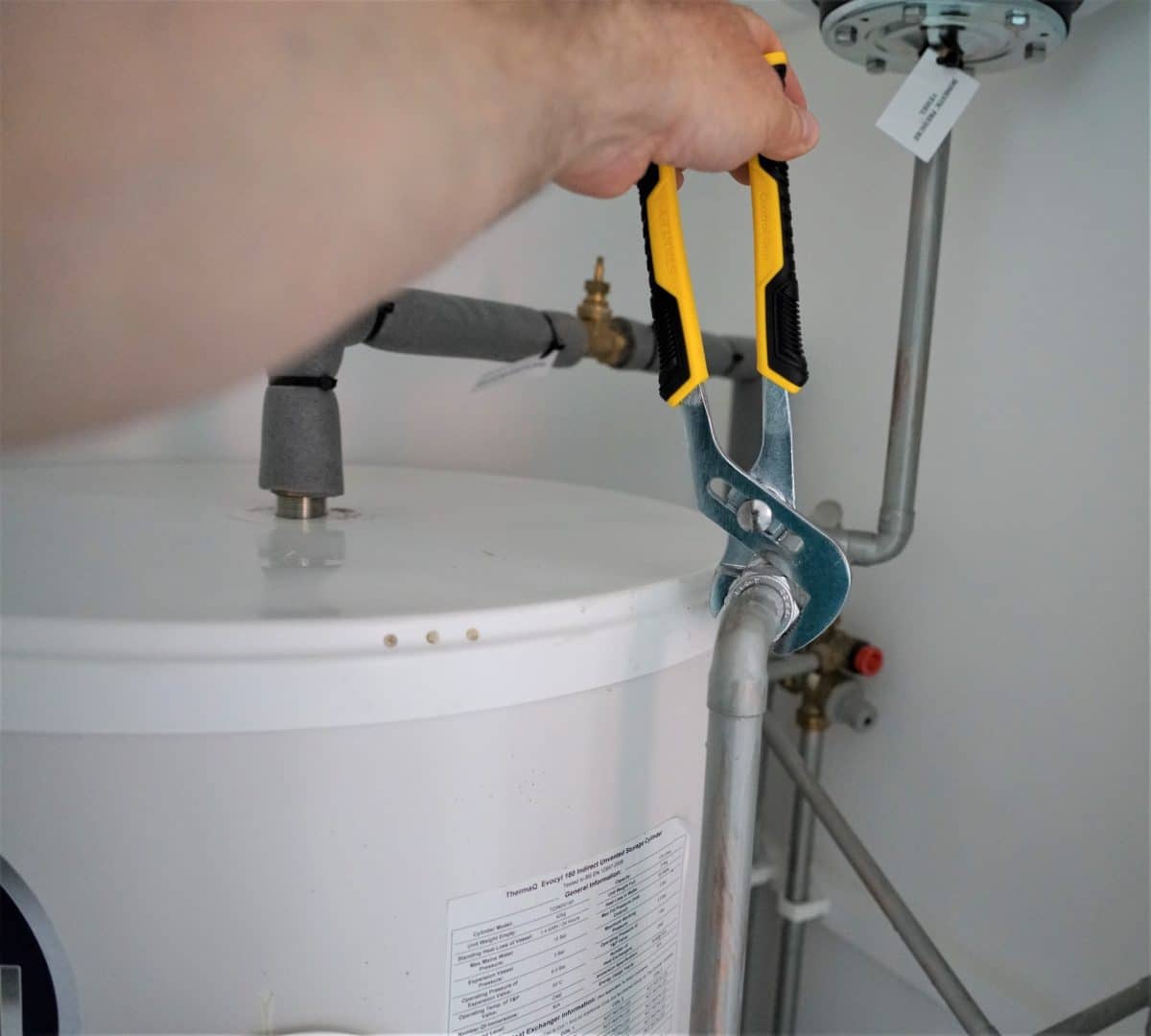As a homeowner, you may not realize how much you rely on your plumbing system until you begin to start having problems.
While some plumbing problems are inevitable and come as a result of normal wear-and-tear, others are due to how plumbing equipment is maintained and used.
Learning about common plumbing problems can help you understand the minor issues that can be solved, and the more severe issues that may need the expertise of a plumbing repair expert. Here are five of the most common plumbing problems and how to avoid them.

- Leaky Pipes and Faucets
Most houses experience leaky pipes and faucets. Unfortunately, dripping faucets contribute to water wastage. Research shows that fixing leaky faucets could save up to 10% on your water bill. Leaky faucets are easy to spot as you’ll hear the drips or notice water forming a puddle.
Failure to correct leaking pipes can lead to more damage and expense over time. Leaks from faucets occur when the seal around the washer gets damaged. Once it’s damaged, small amounts of water pass from the faucet as the seals are no longer tight. Leaks from pipes often occur at the joint due to high water pressure, deterioration, or shifting.
By contacting emergency plumbing services, you can have these leaks fixed to prevent further damage. Not only is it cost-effective, but it also helps to conserve water.
You can avoid leaky faucets by avoiding excessive pressure on the handles as you turn the faucet on and off. With regular inspection, you can spot leaky pipes. Call a plumbing expert to fix leaky faucets and pipes when you first spot them to avoid further damage.
- Clogged Toilets and Drains
Clogged toilets and drains are also simple to spot. You may notice that when you try flushing, the water overflows or backs up into the toilet bowl. The problem occurs when there’s a blockage in the drain.
For example, hair may block the shower and sink drains, while toilets block when solid items are thrown inside the toilet and cannot move through the system. You can prevent clogged toilets and drains by ensuring the only dissolvable waste product is put down the toilet.
If something solid falls into the toilet, remove it. Avoid flushing napkins, cotton balls, paper towels, or other items. Finally, keep loose hair strands out of the sink and use a hair catcher over the drain to ensure they don’t form clogs inside the drain pipe.
- Reduced Water Pressure
Low water pressure can be frustrating for homeowners. Apart from using a lot of water, low pressure also increases the time it takes to wash dishes, take a shower, or do other activities.
Most houses have the main valve on the exterior hose faucet, and the other in the water meter box. Turning these valves away from their original position can reduce the water pressure. Leaking pipes, blocked sewer lines or pipe corrosion may also contribute to low water pressure.
To avoid this problem, check the pipes for leaks regularly and have a filtration system installed to prevent blockage.
Homeowners living in the Crossroads of America are always looking for the best well pump service Indianapolis can offer in these situations. Experienced professionals can help to restore the water pressure to optimal levels.
- Slow Draining Sink
Slow drainage in kitchen sinks can be frustrating and is a common problem in many homes. The problem is caused by restricted water flow, which leads to blockages. Some homeowners dump food remnants and congested fat into the kitchen sink drain, which can cause significant blockages.
You can avoid this problem by having a separate bin for your food garbage. If you develop a clog, use a plunger to unclog the drain. If this doesn’t work, you may need to call a plumber to check and clear your drain.
- Water Heater Issues
Water heater failure occurs when it is least expected. For example, you may discover the heater has an issue when you’re showering and the water remains cold. The water heater may fail due to a sediment buildup in the tank, a faulty thermostat, broken electrical connections, or incorrect installation.
You can prevent water heater problems by having your unit serviced at least twice a year. The HVAC technician will fix any repairs before they become bigger issues requiring replacement.
Final Thoughts
Plumbing plays an integral role in your home. While some plumbing problems are inevitable, a few can be prevented. The above are common plumbing issues and how to avoid them. Doing this will save you money on costly repairs and the frustration that comes with unexpected and inconvenient issues.
- About the Author
- Latest Posts
Whether she is researching the latest trends in home decor, life-changing destination getaways, or the best way to maintain your finances, Dewey takes pride in leaving no stone unturned. She is passionate about distilling and delivering high-quality information that you can use to upgrade your life.

